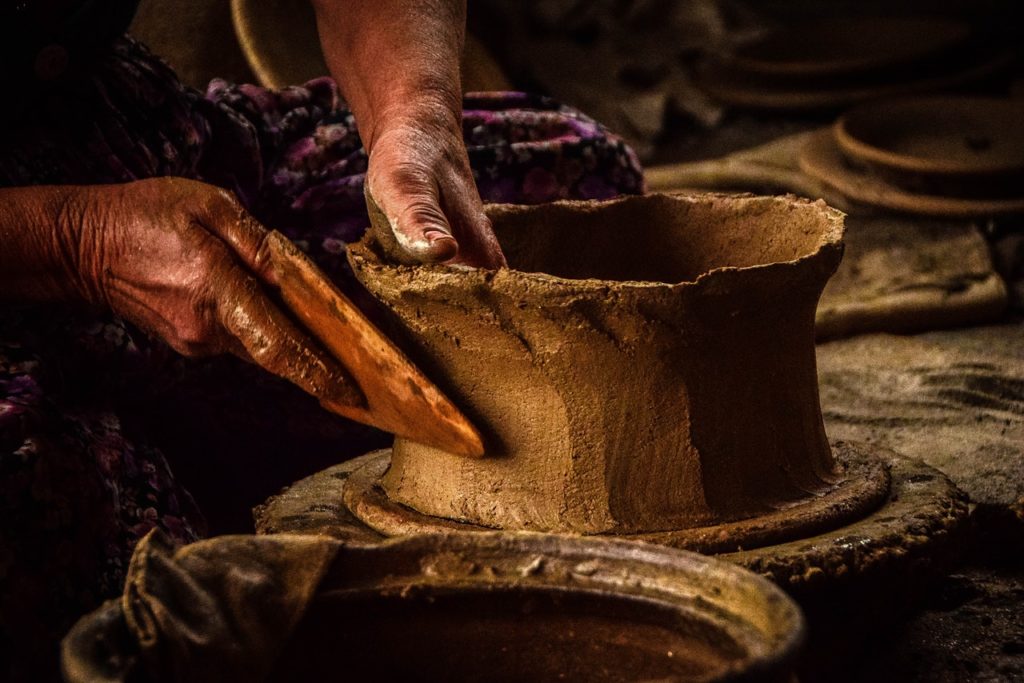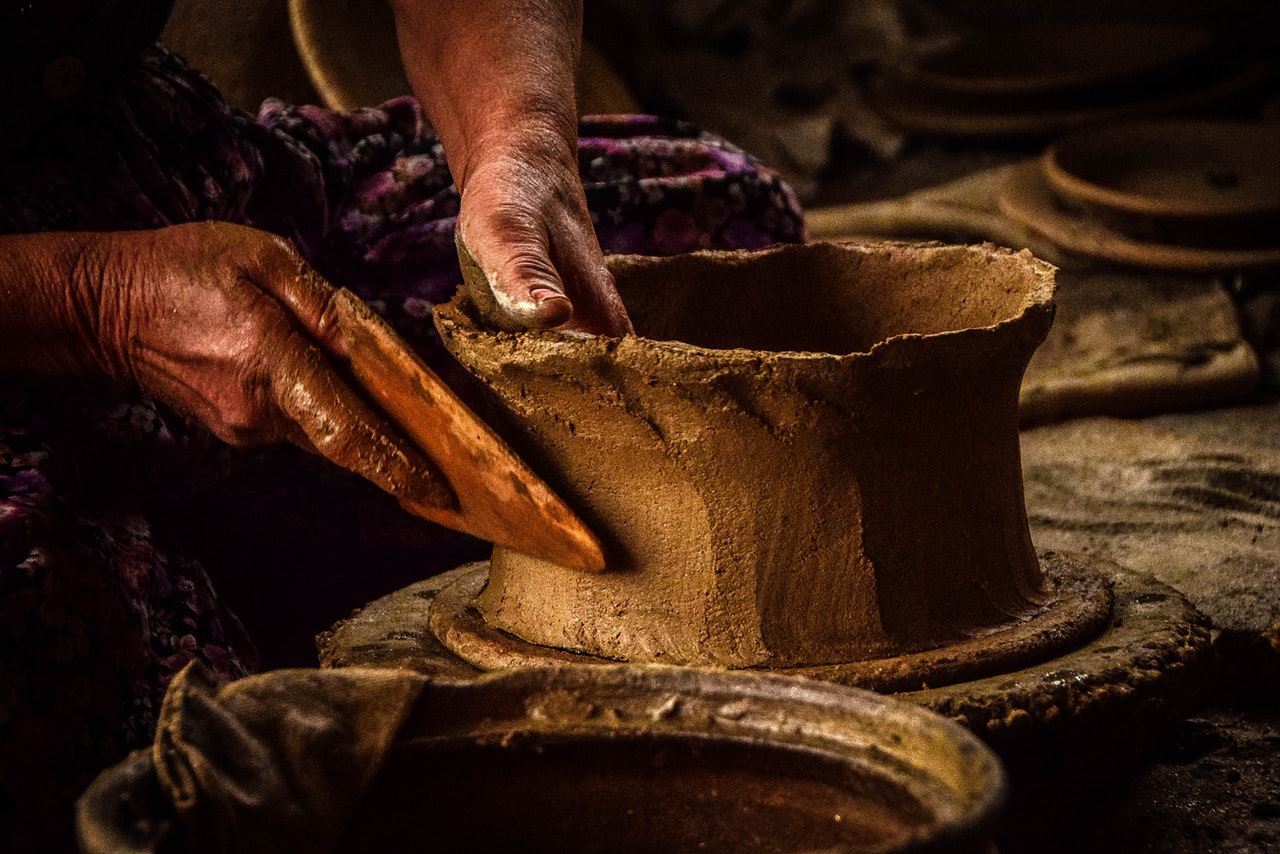
By @johnvinod | March 2, 2021
Let us begin today by reading Matthew 2: 19-23. I know this is not a passage often associated with the Lenten season. However, as I was reading and reflecting on what Jesus did before he was tempted in the wilderness, I came to this passage in Matthew 2. This account is of Joseph and Mary’s return from their sojourn in Egypt to the village of Nazareth in Galilee after king Herod died. The four Gospels are almost silent about Jesus’ early life and youth in his family and hometown. What was it like before Jesus launched his public ministry? What was he doing? Where did he study? What work was he involved in?
There are several myths and stories about the early life of Jesus that have circulated from the first century. None of them is credible enough to provide us with authentic details. However, when Jesus returned to Nazareth with his parents, it is realistic that he was raised in their religious home, like an ordinary Jewish child, in Nazareth, and later on in Capernaum (Matthew 4:13). There is no indication in the Gospels to believe that his earthly parents were people of means. They were an ordinary couple from a working class of people who toiled hard to make ends meet.
Mark 6: 1-6 informs us that when Jesus began his public ministry of teaching and healing, the Jewish people took offence at him because he was an ordinary “carpenter” from Nazareth about whom they knew all the answers that was to be known.
I wonder why God did not plan for Jesus to be born in a priest’s home or a Pharisee’s home where he would have spiritual upbringing and status in the community. Why did God sovereignly assign Jesus to a hard-working ordinary home?
We must realize that Jesus spent almost 30 years in his hometown doing what ordinary people did to support their family before he launched his “full-time ministry”! That is six times more than he spent in the public ministry! Jesus Christ did not only perform amazing healings and miracles; he was not only a rabbi and taught with authority, but also, even much before all these ministries, Jesus subjected himself to the will of God by doing what his family expected him to do.
Tradition informs us that Joseph died while Jesus was still a young man. Joseph’s responsibility as the breadwinner now fell on Jesus’ youthful shoulders being the eldest son. Biblical scholars believe that according to Mark 6: 3, Jesus was more of an artisan, because the word translated a “carpenter” could also mean a construction/building worker or a builder of houses, who worked with wood, stone, and metal. Thus, I can imagine Jesus stooping to pick up dirt, sawdust, wood shavings, or stone chips from the floor. You can imagine, at the end of the day, Jesus picks up a broom and patiently sweeps the floor, collecting tools, cleaning them, and arranging them in order for the next day’s job. This explains why Jesus rarely uses metaphors from carpentry while there are numerous examples of the building/construction work.
So, Jesus became completely like you and me. He faithfully worked in masonry and carpentry in all circumstances. He knows what it means to lose work and not getting paid. He understands what it means to survive through a turbulent economy like the current pandemic. On earth, Jesus lived and worked to support his family for about thirty years—a life full of joys, sorrows, drudgery, losing work, and finding work again. Therefore, friends, Jesus knows exactly how you might be going through today. Let us keep in mind that the Creator, before he raised people from the dead, stooped down to pick a broom and dirty his hands, so that we will appreciate the value of work of any kind, and learn faithfulness from him. He knows your situation, whatever it might be. Trust him to find a way out for you. Amen.
